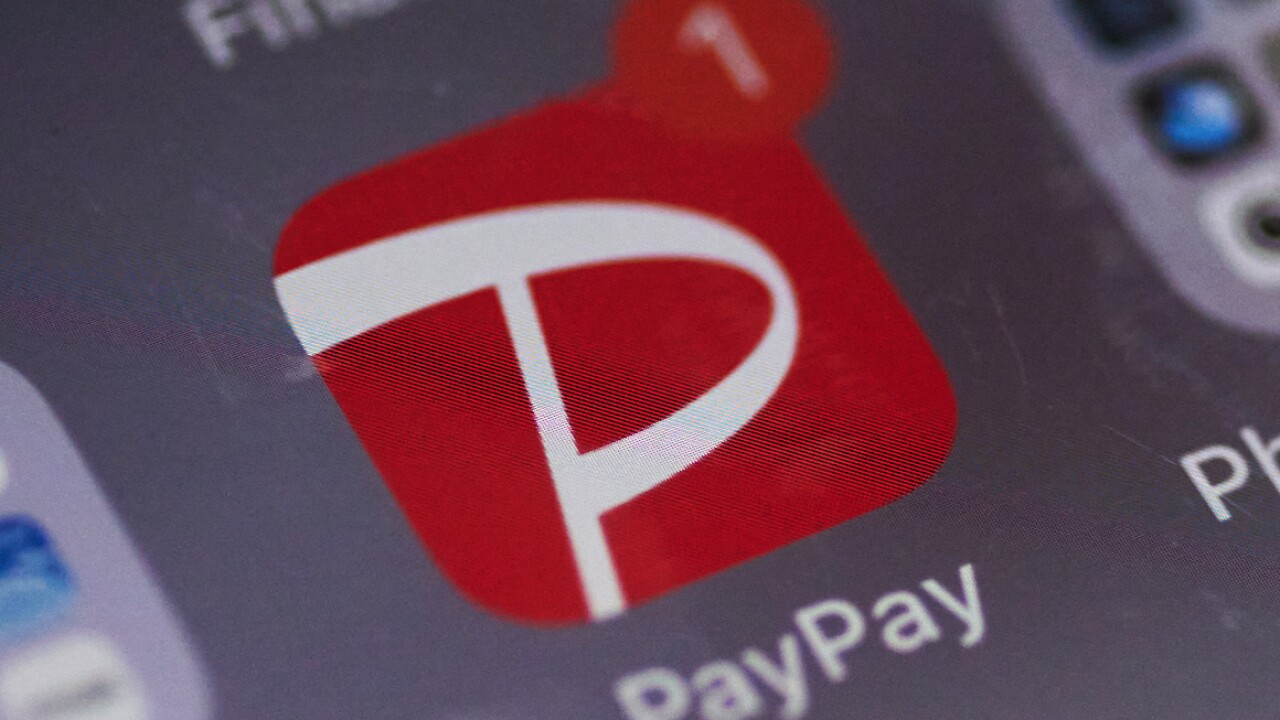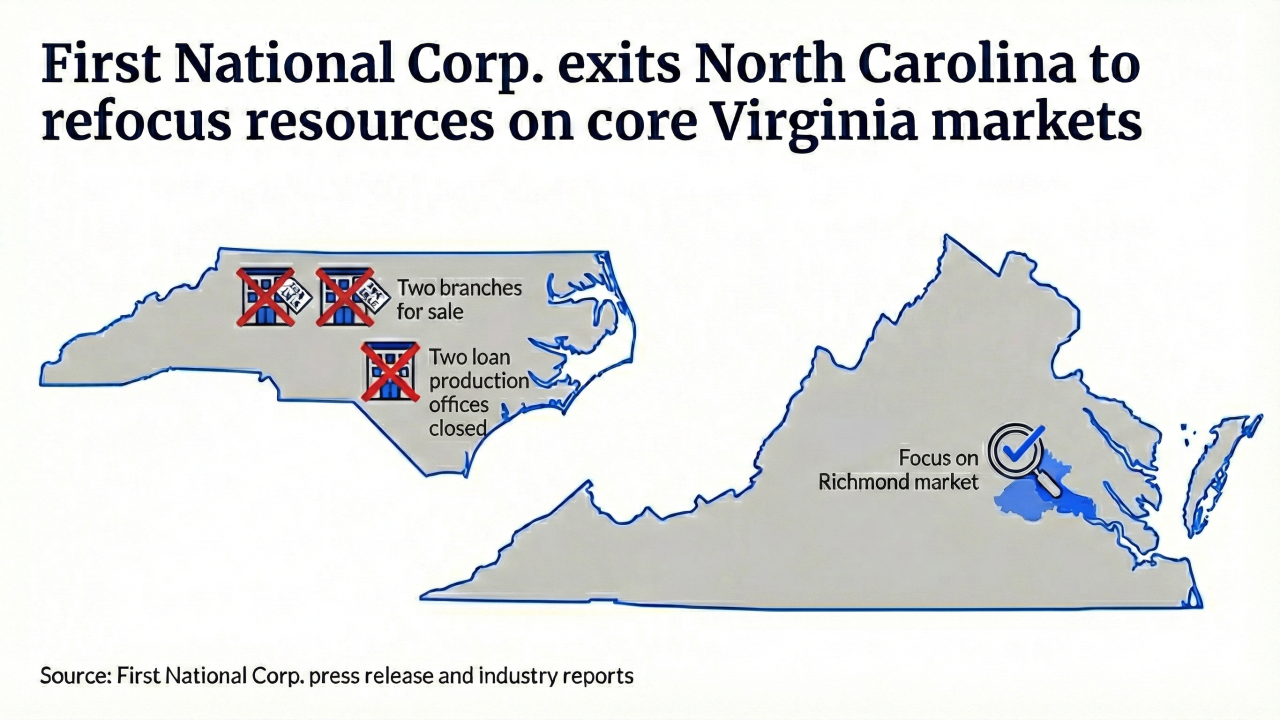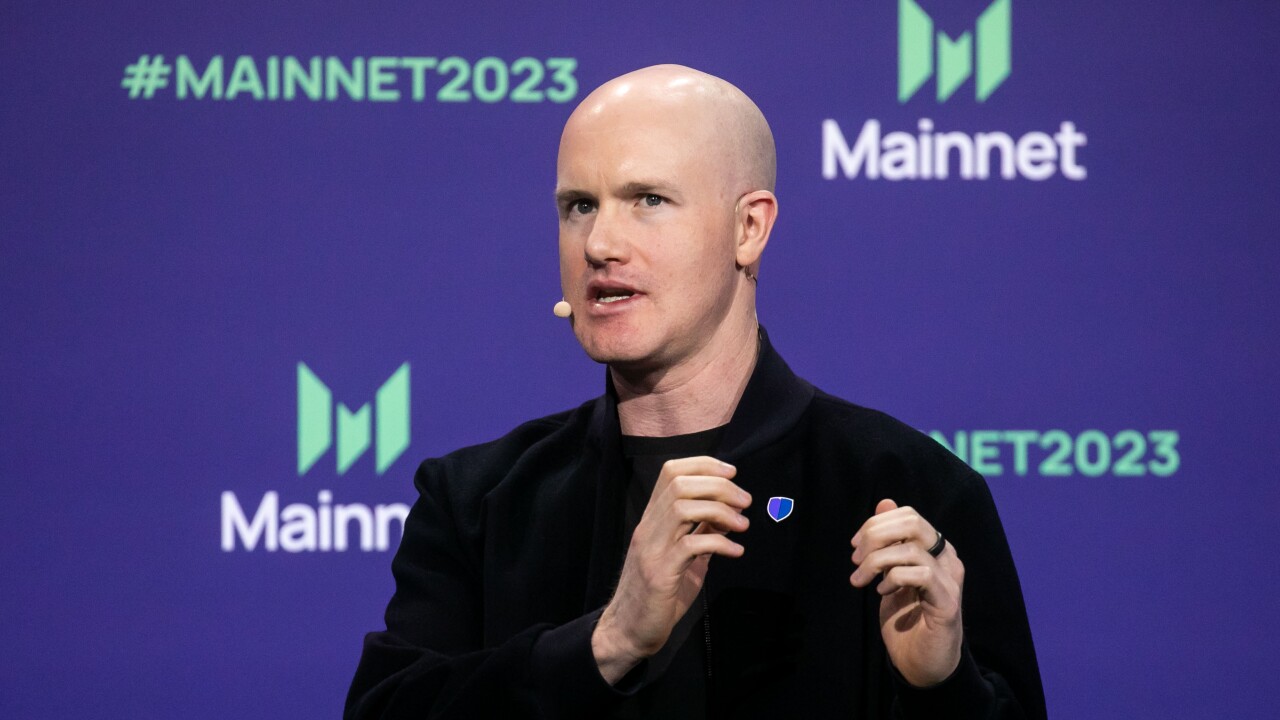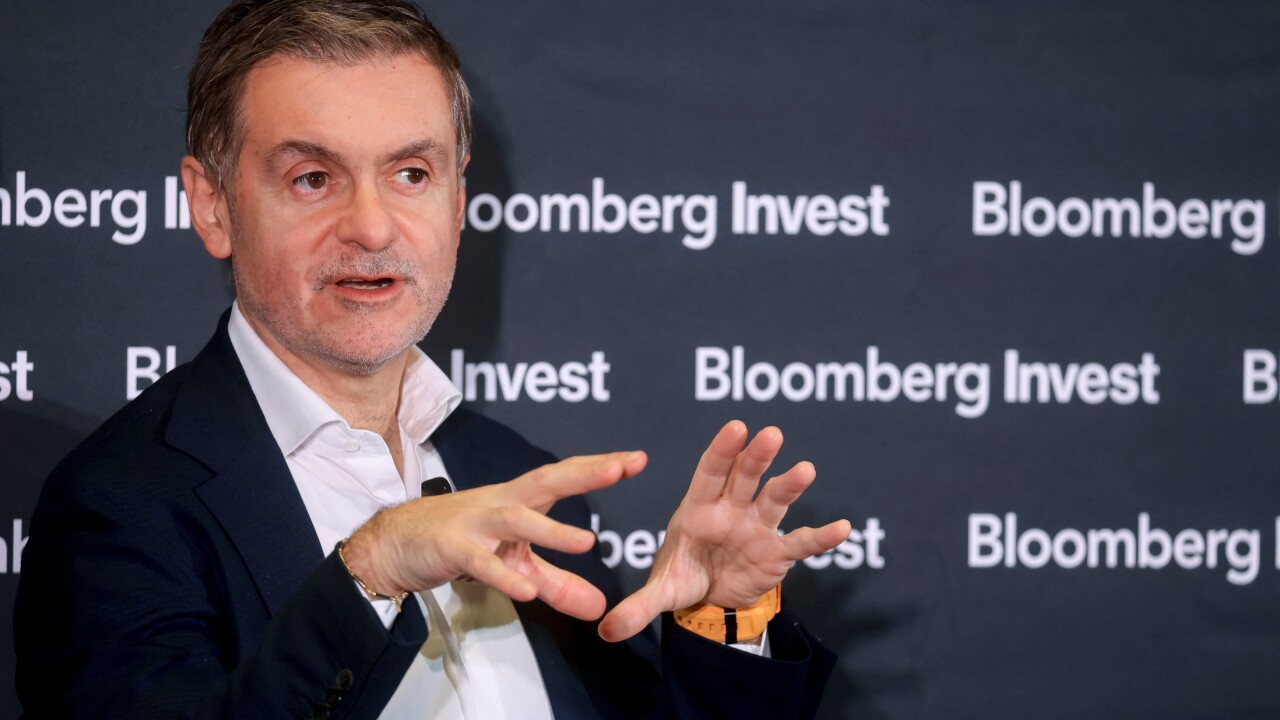Wall Street Journal
On a roll
“The housing market has picked up after health and economic fears tied to the coronavirus pandemic sent sales plunging earlier this year. Sales of new single-family homes increased sharply in June from the prior month. A big factor supporting demand: Mortgage rates have tumbled. In July, the average rate on a 30-year fixed mortgage fell to 2.98%, according to Freddie Mac, its lowest level in nearly 50 years of record-keeping.”
Financial Times
Rejected
“The Federal Reserve has turned down Goldman Sachs’ request for less onerous treatment after the results of its annual stress test,
“This year is the first time in which the Fed’s capital requirements include a ‘stress capital buffer’ designed to see banks through severe shocks and a deep recession. The stress buffers are equivalent to a bank’s estimated capital erosion under the Fed’s most severe scenario, plus the dividends they plan to pay. The Goldman Sachs and Morgan Stanley stress buffers were 6.7% and 5.9%, respectively.”
(American Banker’s Hannah Lang covered the Fed's move
Union of the weak
The FT makes the case for a
Pyrrhic victory
“A former top currency trader at Citigroup has won an unfair dismissal case against the bank but cannot expect to return to his job, a London employment tribunal has ruled. Rohan Ramchandani, who was a former head of European foreign exchange trading, was sacked from Citi in January 2014. He was later charged with foreign exchange rigging by the U.S. Department of Justice but was acquitted by a New York jury in October 2018. Ramchandani had alleged that the bank unfairly dismissed him from his role without due process or warning and was seeking reinstatement. Citi told the tribunal hearing last year that Ramchandani was dismissed because he breached its code of conduct and guidelines.”
“Employment judge Alison Russell ruled in favor of Ramchandani’s claim for unfair dismissal on procedural grounds. However, she found that even if Citi had followed correct procedure, Ramchandani’s employment
Chinese sanctions
The Trump administration’s sanctions in response to the “draconian national security law Beijing has imposed on Hong Kong … could have far-reaching implications beyond the targeted individuals,
Elsewhere
Big brother
Barclays is being investigated by the U.K.’s privacy watchdog, the Information Commissioner’s Office (ICO), “over
“People expect that they can keep their personal lives private and that they are also entitled to a degree of privacy in the workplace,” an ICO spokesman said. “If organizations wish to monitor their employees, they should be clear about its purpose and that it brings real benefits. Organizations also need to make employees aware of the nature, extent and reasons for any monitoring.”





